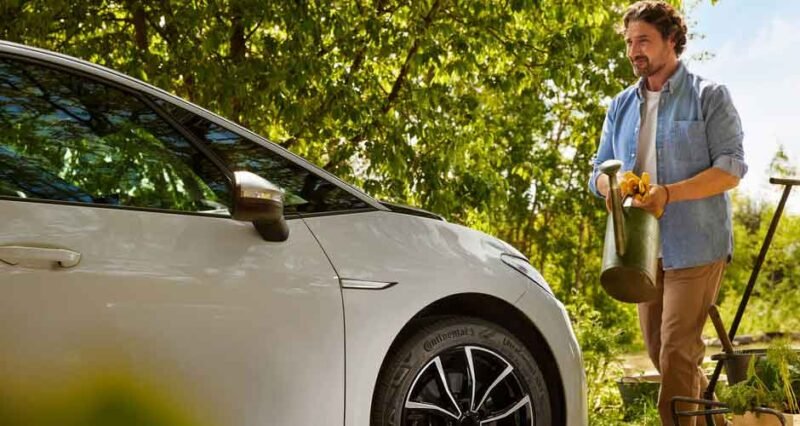
Environmental concerns have reshaped the automotive sector over the last decade. They look set to reshape it over the decade to come, too. Not only are the vehicles we drive changing – the way that we drive them is changing, too. Even if you aren’t ready to make a big investment in a new battery electric vehicle, you might still reduce your impact on the natural world by adopting some simple driving habits.
Eco-Friendly Driving Habits
Anything that you can do to reduce your fuel consumption is naturally going to reduce your emissions. This, in turn, will reduce your impact on the natural world.
Eco-friendly driving is an umbrella term which encompasses a whole range of driving practices. As an eco-friendly driver, you’ll seek to limit unnecessary acceleration and braking, and to maintain a consistent speed to the maximum extent possible.
You might also think about reducing your time spent idle with the engine running. Many modern engines are designed to automatically deactivate when the car comes to a halt, which makes them more efficient while sat in traffic. If this isn’t your vehicle, then you might simply turn the car off while you’re waiting for the light to change. If you do this many times a day, then you stand to save considerably.
The Role of Electric and Hybrid Vehicles
The market for electric vehicles has expanded considerably over the past few years. While the promised ban on the sale of new petrol and diesel vehicles has been pushed back by the government, the potential for this new class of vehicles is clear, and it seems inevitable that they will become the norm at some point over the course of the next decade. There are even great options if you’re looking for used cars.
Lithium-ion batteries are environmentally costly to manufacture. But these costs are offset over the lifetime of a vehicle – especially if you’re putting in a lot of miles. The improved energy efficiency of these vehicles means that driving them will lower your emissions.
Sustainable Fuel Alternatives
Electric vehicles aren’t the only alternative option when it comes to new kinds of vehicle. You might power the vehicle of the future using biofuels, which are generated using re-growable crops. Then there are hydrogen-powered cars, which would theoretically produce only water vapour as an emission. The problem with the former is that they create an opportunity cost: the farmland needed to grow the biofuel can’t be used for forests and other carbon-draining things. The problem with the latter is storage: there is, as yet, no viable hydrogen-powered vehicle on the market.
Future Innovations in Eco-Friendly Cars
So, what does the future hold? Well, we might consider a range of technologies. When battery-electric becomes truly mainstream, we might see charging stations available at workplaces and elsewhere. This will help to drive uptake. We might see cars which are able to park themselves, and charge themselves, which would effectively mean the end of filling stations as we know them. Then there are solar-powered vehicles, which would continuously charge, provided that they’re receiving sunlight.
All of these ideas might seem outlandish – but the same was once said of the battery-electric vehicle that’s fast becoming the norm in the UK!

